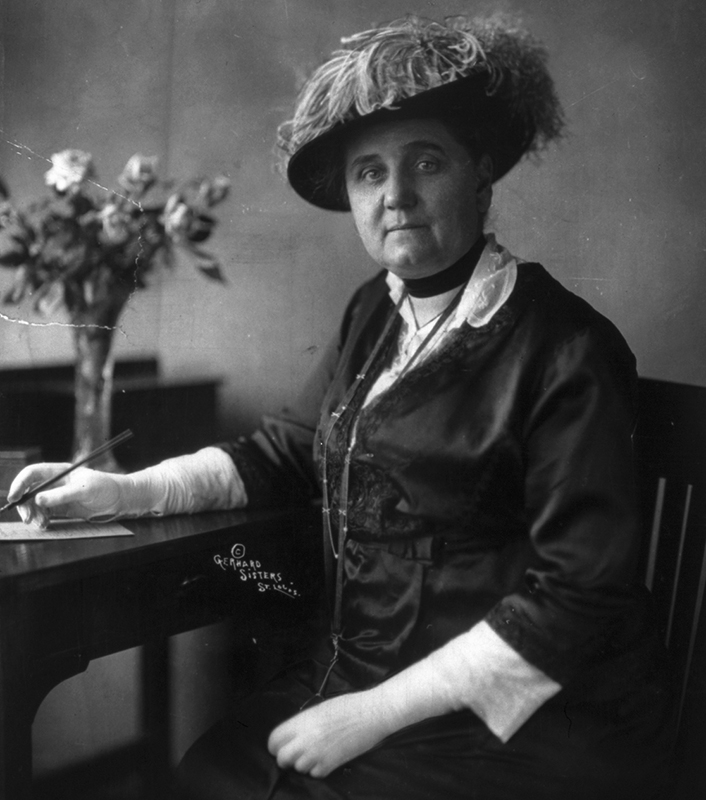Addams, Jane (1860-1935), was an American social worker, woman suffrage leader, and peace activist. She was a founder of Hull House, a Chicago settlement house that provided services for people in need (see Hull House; Settlement house). Addams shared the 1931 Nobel Peace Prize with the American educator Nicholas Murray Butler. She received the award for her work with the Women’s International League for Peace and Freedom.

Addams was born on Sept. 6, 1860, in Cedarville, Illinois. She graduated from Rockford Female Seminary in 1881, and received a bachelor’s degree the next year after it became Rockford College (now Rockford University). She attended the Woman’s Medical College of Pennsylvania from 1881 to 1882. In 1888, Addams visited Toynbee Hall, a settlement house in London. In 1889, upon returning to the United States, Addams and Ellen Gates Starr, a fellow social reformer, founded Hull House. Hull House offered a variety of programs that assisted immigrants and the poor. These programs included day nurseries and language classes.
Addams believed strongly in the need for research into the causes of poverty and crime. She also believed in the importance of trained social workers and in the need to press for social reforms. Addams was largely responsible for a number of reforms. They included the first eight-hour law for working women, the first state child-labor law, housing reform, and the first juvenile court. In 1909, she became the first woman president of the National Conference of Charities and Corrections (later called the National Conference on Social Welfare).
Addams actively supported the peace and woman suffrage movements. She served as a vice president of the National American Woman Suffrage Association from 1911 to 1914. She helped found and served as chair of the Woman’s Peace Party, which later became the Women’s International League for Peace and Freedom (WILPF) in 1919. She served as the international president of WILPF from 1915 to 1929.
Addams wrote and lectured on a wide variety of social issues, including child labor, public health, unemployment relief, and social insurance. Her books include Democracy and Social Ethics (1902), The Spirit of Youth and the City Streets (1909), Twenty Years at Hull-House (1910), A New Conscience and an Ancient Evil (1912), Women at The Hague (1915), and Peace and Bread in Time of War (1922). Addams died on May 21, 1935.
See also Nobel Prizes (picture).
